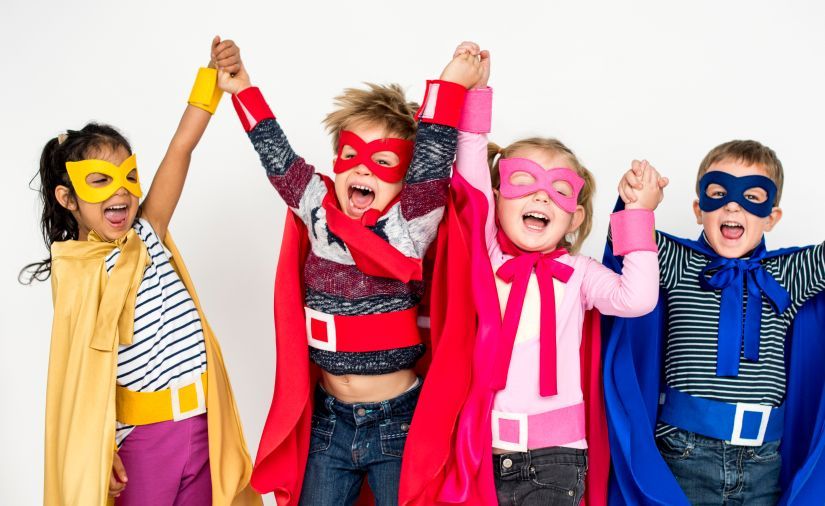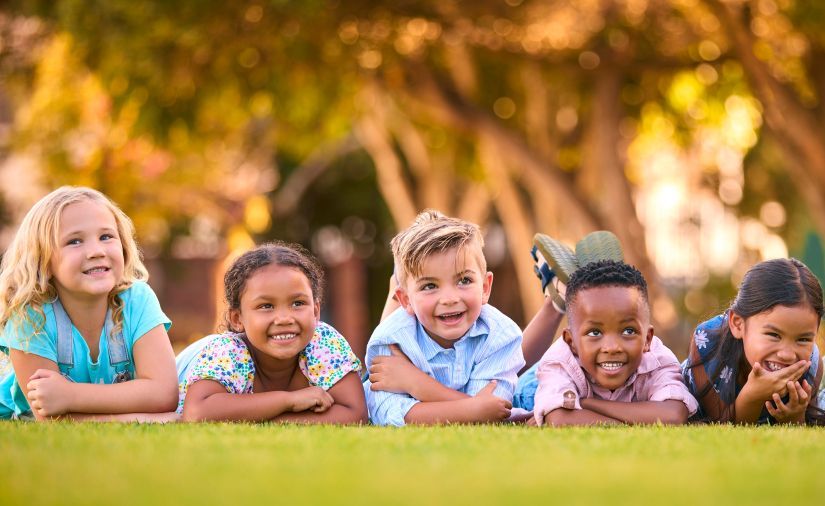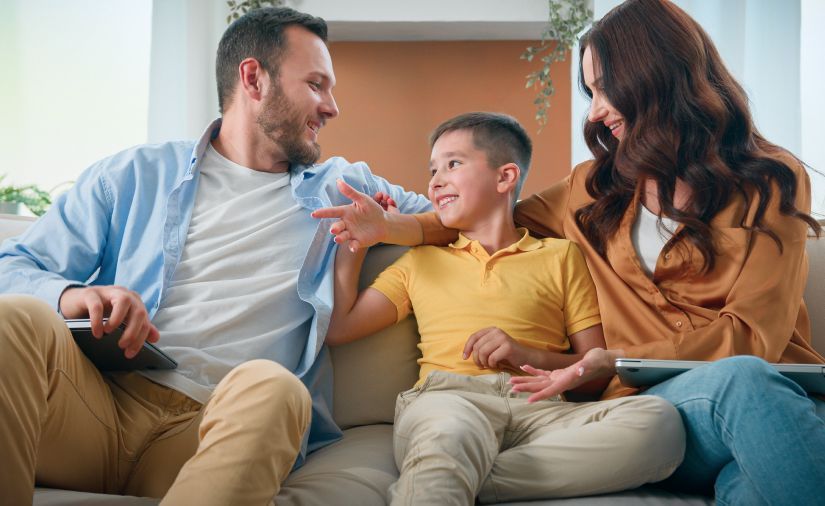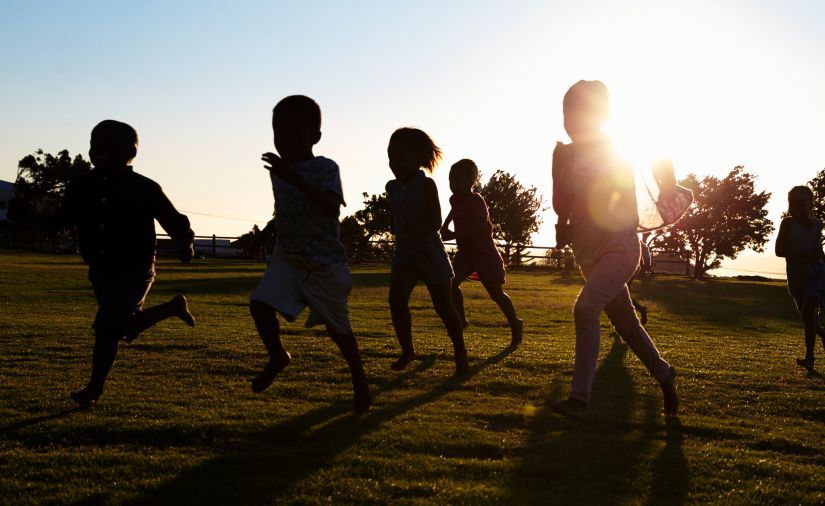LEARN ABOUT SEXUAL ABUSE
Did You Know?
- 1 in 10 children will be sexually abused before age 18
- 1 in 5 children are solicited sexually while on the internet
- Nearly 70% of all reported sexual assaults happen to children ages 17 and younger
- Many sexually abused children will never tell.
Who Sexually Abuses Children?
There is no "typical offender". Abusers can be men, women, or even older children. They can be family members, friends, neighbors, teachers, or coaches.
90% of sexually abused children are abused by someone they know, love, and trust. This betrayal is often what hurts the most.
It is not easy to to identify an abuser. Therefore, recognizing the signs and symptoms of sexual abuse is vital to protecting children.
What are the Signs and Symptoms of Sexual Abuse?
Children react differently depending on their age, extent of abuse, support from others, and relationship with the abuser. Abuse affects every child differently.
Physicals symptoms are not always present. These physical symptoms may be a sign of abuse:
- Itching, redness, sores
- Abnormal discharge
- Bleeding, bruises, etc.
- Nausea/upset stomach
- Headaches
These emotional/behavioral symptoms often develop as a result of abuse:
- Inappropriate sexual behavior
- Change in academic performance
- Self-harm or suicidal thoughts/behavior
- Changes in patterns of sleeping & eating
- Anger/irritability, mood swings
- Nightmares, bedwetting
- Withdrawal from others or clingy behavior
- New fears and phobias
- Acting out - new behavior problems at home/school
The following are manipulating behaviors used by abusers and should be considered red flags in an adult-child relationship:
- Inappropriate jokes & discussions
- Giving gifts, money, privileges, etc.
- Favoritism
- Excessive touching- hugging, kissing, wrestling, tickling
- Communication in private - via phone or internet
- Seeking opportunity to spend time alone with child
- Lack of respect for personal boundaries/privacy
- Secret-keeping
- Displaying common interests
What Do I Do if My Child Has Disclosed Sexual Abuse?
It is extremely difficult for children to report abuse. Sexual abuse is overwhelming to children, especially when an adult is involved. Most children are taught to trust adults. They tend to believe what adults tell them is true, rather than to rely on their own feelings. This makes it hard for the child in two ways:
- If the abuser tells the child that what is happening is okay, the child may doubt his or her own feelings that it is not.
- If a parent's initial reaction is to doubt an allegation of child abuse, the child may wonder if his/her own feelings are wrong.
When a child discloses abuse, your reaction is incredibly important.
- Say "Thank you for telling me that. I believe you. What happened to you was not your fault. I don't know what's going to happen next, but we are going to get through this together."
- Tell the child you are proud of them, they are brave for telling, and you believe them.
- Listen to what the child has to say, but do NOT ask detailed questions. You can say "Tell me what happened next".
How Do I Prevent My Child From Experiencing Sexual Abuse?
The abuser is the only one to blame for sexual abuse, but there are ways you can help prevent it.
Minimize Opportunity
Eliminate or reduce isolated, one-on-one situations with children. Make sure interactions can be observed. Monitor internet use for children and teens.
Talk to Your Children
Have age-appropriate, open conversations with your children about our their bodies, sex, and boundaries. Start talking to children when they are young and use proper names for body parts. Let your children know that if something is bothering them, they have a safe place to talk.








